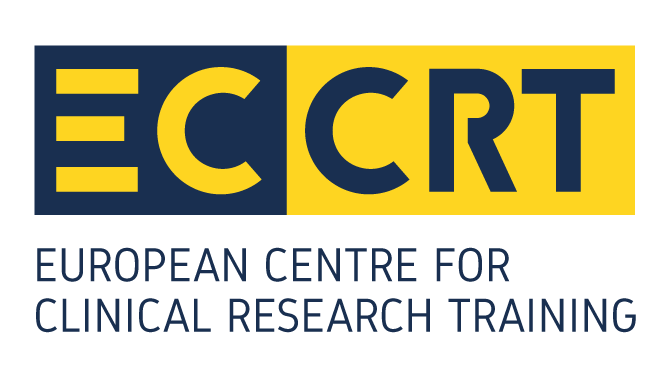Remote Auditing
Book a session
| Date | Product | Location | Price | |
|---|---|---|---|---|
| No sessions are planned at this time, however if you are interested in taking this course click here | ||||
| If you would like to have this course as an in-house session click here | ||||

About this course
Reasons to attend
This course on remote auditing will provide you with awareness of essential concepts, tools and some practical approaches to allow you to plan and conduct effective remote audits achieving their full potential and objectives without detriment to their integrity and validity.The course will focus on the risk-based audit concepts, remote audits of clinical service providers and clinical investigator site audits.What's included?
- Documents and materials related to this course are included
- Globally recognised certificates awarded after test completion
Course schedule
- 3-hour webinar session
Course Description
The COVID-19 pandemic and the accompanying restrictions on travel and on-site visits are just one set of exceptional circumstances that can force sponsors to re-evaluate their annual audit plans. Remote audits are a trend that is gaining traction rapidly and expansion of this evolution of auditing methodology can only be a helpful phenomenon.New information and communication technologies (ICT) have made remote auditing more feasible. Modern ICTs open the opportunity to audit sites and systems remotely adding advantages that can offset some of the disadvantages of onsite audits. Such advantages include shortening distances, travel time and costs, reducing the environmental impact associated with audit travel, adapting audits to different organisational models. Remote auditing can help to increase the size or quality of sampling in the audit process, when prepared, validated, and used appropriately. The use of Remote Auditing also allows for the inclusion of expertise (Subject Matter Experts (SMEs) in an audit that otherwise might not be possible due to financial or logistical constraints.Notwithstanding the benefits of remote auditing, any limitations must be identified and addressed against the fulfilment of audit objectives. Such limitations may include information security, data protection and confidentiality issues, authenticity and quality of the objective evidence collected, amongst others.The decision on how to handle each individual audit, whether it is to be a postponement, re-moval from the audit plan altogether, or conduct of a full or abbreviated remote site audit must be justified and documented by QA.This training provides you with the first introduction to key Risk-Based Remote Auditing terminology and concepts as well as practical guidance and recommendations for the planning and conduct of remote audits of GCP- and GVP-governed processes, systems, and service providers.Another course that can be interesting is our Remote Team Management: How to successfully lead from a distanceProgramme highlight
- Risk-based auditing strategy and planning
- Practical approaches for the preparatory work for a Remote Audit
- Recommendation for the methodology for Remote Audits, analogue to an on-site audit, capable of yielding audit results comparable to routine on-site audits.
- Data-driven stepwise methodology to clinical investigator site audits
- Limitations of Remote Audits in the fulfilment of audit objectives.
Learning objectives
- Identification of Risks and Opportunities for using remote audit techniques
- Essential concepts, tools, and practical approaches to plan prepare and conduct effective remote audits
- Utilisation and prerequisites of Information and Communication Technologies (ICT) in the conduct of remote audits
- Recommendations for adaptations from the standard planned activity for on-site audit to activity for remote audit
- Use of Audit Questionnaires
Who should attend
Clinical research professionals, including Clinical Auditors, GVP Auditors, GCLP Auditors, Clinical Operation Leads, Clinical Project Managers, Clinical Trial Leaders, Pharmacovigilance Compliance Officers, Pharmacovigilance Managers, and anyone involved with setting up Clinical Operations, Pharmacovigilance and GCP/GVP Inspection Readiness.
Competencies
This course covers competencies that are part of the ECCRT Competency Framework
- Scientific Concepts & Research Design (0)
- Ethical & Participants Safety Considerations (0)
- Investigational Product Development and Regulation (0)
- Clinical Studies Operations (GCPs or ISO 14155) (1)
- Study and Site Management (0)
- Data Management and Informatics (0)
- Leadership and Professionalism (0)
- Communication (0)
- Teamwork (0)
- Business acumen (0)


No testimonial yet